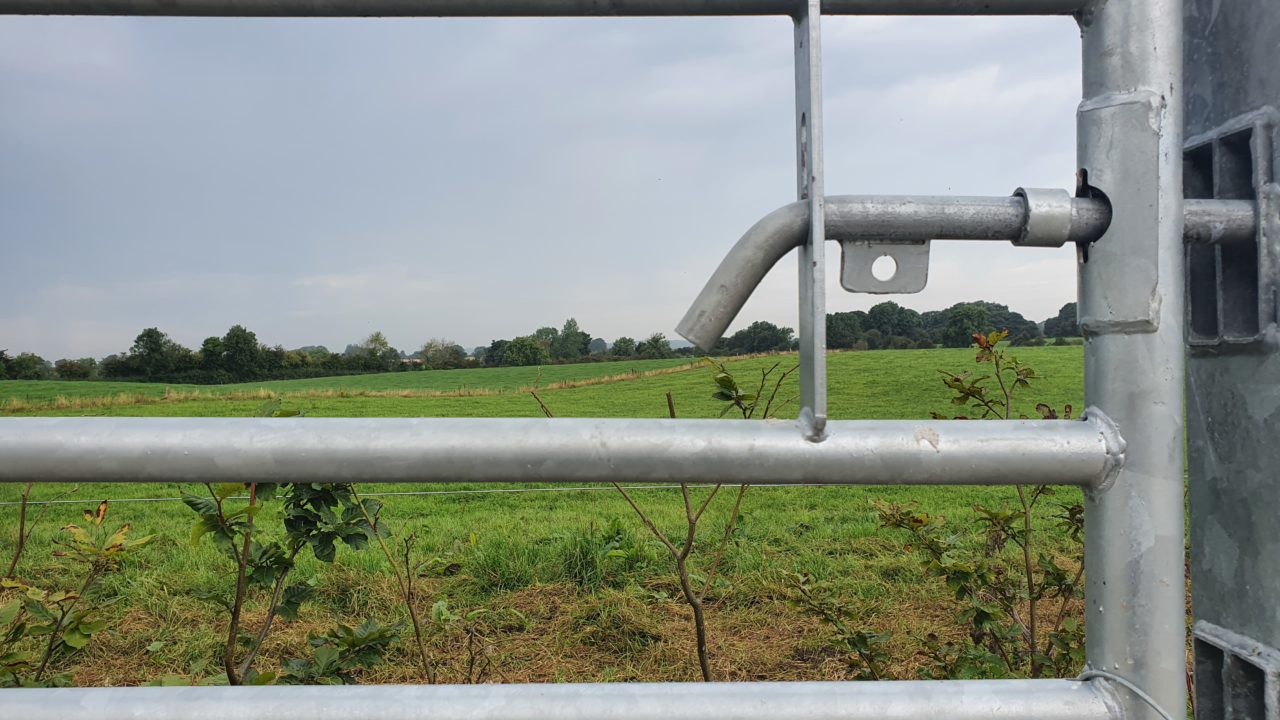Taoiseach Micheál Martin has said that farming “will have to change” to meet climate and environmental targets.
Speaking on RTÉ Radio 1 today (Tuesday, November 2) while attending COP26 in Glasgow, Scotland, the Taoiseach said that changes will have to be made in several sectors, including agriculture, arguing: “We have no choice here; climate change will catch up with us. It will catch up with our farming and our agriculture if we don’t take action.
“We now have an opportunity, working with the sector and working with farmers, to make sure we can have a sustainable future in terms of food production and we can have a sustainable solution for young farmers,” he added.
“But we have to deal with the realities too in terms of how much the land can take.”
The Taoiseach also noted that farmers would see alternative income sources in the coming years as measures are put in place to drive down emissions from current farming practices.
“This could mean a greater degree of organic farming, which we’ve made a start on. It will also mean investments in new technologies around reducing carbon emissions in terms of food production and in terms of agricultural practices as well, and some progressive farmers are moving on that already,” he said.
However, the Taoiseach added that “we have to do more in terms of research”, saying he would like to see “stronger capacity” in research bodies, including Teagasc and third-level institutions, to focus on reducing emissions from agriculture.
He went on to criticise some recent coverage over the possible outcomes for agriculture of Ireland’s carbon budgets, which he referred to as “scaremongering”.
“There have been a lot of headlines in the last two to three weeks that, in my view, are creating a sort of impression that this is outlandish or impossible, or it’s an off-the-wall type of approach we’re taking, or the world is taking, in respect of climate change,” he added.
In other COP26-related news, the Taoiseach has also said that Ireland will sign up to a global ‘pledge’ to cut methane emissions (both from agriculture and otherwise) by 30% by 2030.
At the end of September, the US and EU made a joint pledge to reduce “human-caused” methane emissions by at least 30% by 2030 compared with 2020 levels, with the aim of getting other global economies to sign on.
